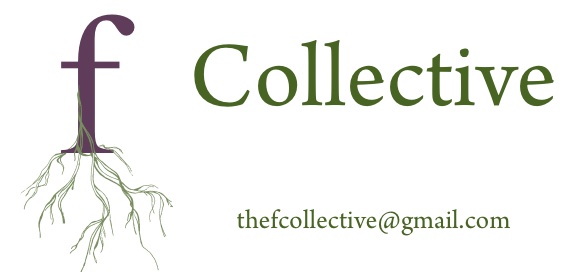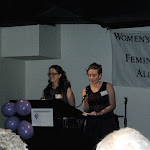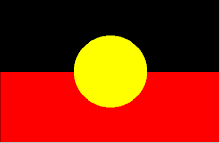One of my favourite topics: difficult women! I am one, as I discovered in my local library. I was flicking through biographies of women stirrers which usually started with ‘Florence Nightingale.. (or whoever) was a difficult women’. My conclusion was that any woman who made some political difference was usually defined as “difficult”. So women need to fit the feminine stereotypes of "nice" or lose out. And it is not only with men but it is often other women who discipline stroppy women. It is not surprising that women who get to the top make few feminist changes as they are often judged more severely than men. Raising feminist issues is not “nice” so those women become supporters of the status quo that let them get there, and are not defined as difficult.
Gale Edwards, an internationally respected theatre director who claims she can’t get work here, because she is difficult, works overseas. Australian (Anglo) culture is particularly prescriptive: anti-conflict and pro subservience. So locals do over most outspoken women: women who stir publicly, women who push radical agendas…. ie most public feminists. Labelling us as difficult effectively limits those who are prepared to be identified with us, and acts as an explanation as to why we are going backwards in many areas.
Being “good girls” and being “nice” may create feel-good links, and I am not advocating that we should all become stroppy and rude, but more women need to recognise that change means that some of us need to take risks, stick our necks out and push the boundaries. We need support, so labelling us as difficult, avoiding conflict and being “nice” plays into patriarchal rigidities.
Blog post by Eva Cox




